The Kennedy Family
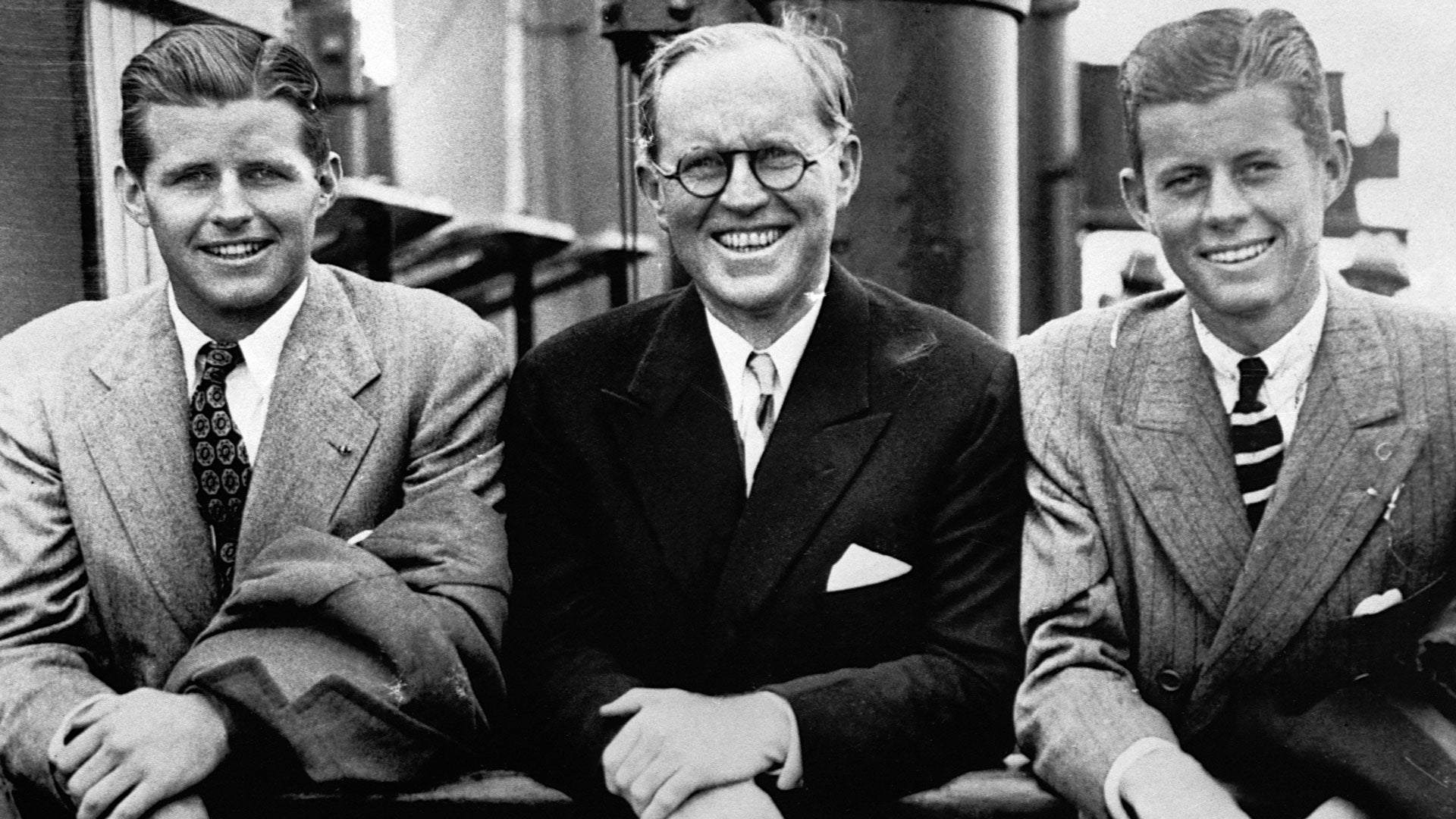
On May 29, 1917, John F. Kennedy was born at three o’clock in the afternoon as the second son of Joseph P. Kennedy and Rose Fitzgerald, both originally from Irish Catholic families.
The great-grandfather of this new citizen set foot on American soil on April 22, 1849, as the first Kennedy. The Irish potato famine, caused by potato blight, had disillusioned him, leading him to believe that his fortune lay on the other side of the Atlantic. Patrick Kennedy, 26 years old, stood on the Boston quay, poor and lonely. After a few months, his fiancée also arrived. The couple married and had five children: a son who died within two years, three daughters, and finally, another son. However, the joy of the last birth was short-lived. Tuberculosis, a true scourge in Boston at that time, meant that Patrick Kennedy could only enjoy ‘his’ America for seven years. The first Kennedy to set foot in America was also the last member of the family to die in anonymity.
The only surviving son was named Patrick Joseph Kennedy. He was fortunate: his mother, after her husband’s death, proved to have a good entrepreneurial sense, which helped him greatly. Patrick Joseph Kennedy owned several bars and was a successful whiskey importer before his thirtieth birthday. He was active in business and also used his popularity among the Irish population of Boston as a politician. As a Democrat, he served five years in the House of Representatives in Massachusetts and six years in the Senate. He married the daughter of a wealthy entrepreneur and had a son and three daughters.
Patrick Joseph Kennedy was mainly active behind the scenes of political Boston during those years. In the foreground, another man with Irish blood, John Francis Fitzgerald, nicknamed ‘Honey Fitz,’ played the political game. The two men were initially opponents within the party but later became allies. The corrupt, fraudulent politician Honey Fitz later became the mayor of Boston.
The two most powerful families in the city were merged in 1914 when Kennedy’s only son married Fitzgerald’s eldest daughter. Joseph Patrick Kennedy (1888) and Rose Fitzgerald (1890, she spent two years at a convent school in Bloemendaal from 1908) would lead America’s greatest political family of all time. A powerful, energetic dynasty, the unofficial royal family of the United States. Between 1915 and 1932, nine royal children were born: four sons and five daughters.
The marriage would never be truly happy. Rose was beautiful, intelligent, well-educated – but emotionally blocked. Her children could not count on warmth and affection. On the other hand, Joe had an enormous emotional capacity, but he showed his womanizing tendencies mainly with his mistresses.
On the eve of World War II, Joseph Patrick Kennedy, through stock and real estate trading – sometimes with insider knowledge and bribing journalists – became the fourth richest American. Like his father-in-law Honey Fitz, Joe Kennedy had his own rules. He felt superior to everyone else. At the age of twenty-five, he was already the president of a bank in Boston. In addition to making money from selling alcohol during Prohibition, he also owned some film studios in Hollywood. Kennedy associated with the most powerful men in the capital, including President Franklin Delano Roosevelt.
According to him, anything was permissible in the pursuit of success and prestige, including lying and deceiving, lessons that the future President John F. Kennedy learned from an early age. Life was all about one thing: winning. Father Joe gave each child a million dollars at birth to make winning a little easier.
His close relationship with President Roosevelt did not, to his regret, land him the coveted position in his cabinet. Joe Kennedy had to settle for the ambassadorship of the United States to the United Kingdom. In 1938, part of the large family settled in Europe, on the eve of World War II. Ambassador Kennedy was a pronounced anti-Semite, an admirer of Hitler, with no sympathy for the Jews in Nazi Germany. ‘There are good Jews, of course,’ he once said, ‘But as a race, they are worthless. They ruin everything they get involved in. Just look at the developments in Hollywood.’ Ambassador Kennedy was vehemently against American involvement in the war. Behind everyone’s back, he negotiated with the Germans for a massive loan in exchange for leaving the United States alone. To his regret, a personal meeting with Hitler did not happen, but Kennedy Senior talked big with other high-ranking Germans and spared no criticism for his superior, President Roosevelt.
When Roosevelt decided that the United States would actively intervene in the war against the Third Reich, Joseph Kennedy resigned. It was 1940. The relationship with the White House was much less warm than before. Secretary of the Interior Harold L. Ickes said at the time, ‘At this very important moment, we should have sent our best man to the United Kingdom. But what did we do? We sent a rich man, an unqualified diplomat with no knowledge of history and politics. A publicity-seeking hound who is only out to get a high position in Washington.’
Joe claimed to be a caterpillar, not entirely successful in his political ambitions. But his children? They would be butterflies.
The oldest of those nine children was now twenty-five. Joseph P. Kennedy Jr. was a talented law student, born in 1915, who excelled in multiple sports. An example for his younger brothers. Joe was a handsome man with political ambitions, but first, like many of his peers, he wanted to serve his country in World War II. He successfully completed twenty-five combat missions. However, his last operation went wrong. On August 12, 1944, his plane, loaded with explosives, exploded above the English town of Suffolk. His body was never found. This tragic death was a first blow for the Kennedys. Joseph was posthumously honored as a war hero in his homeland.
The two years younger son was also active in that war. And not without merit. After several heroic operations in the South Pacific, John F. Kennedy was decorated multiple times. Father Joseph Kennedy did not hesitate to expertly relay every achievement to the national media. The indomitable image could be decisive in future elections. A political career was already being set up early. When the eldest died, all sights were set on the next son.


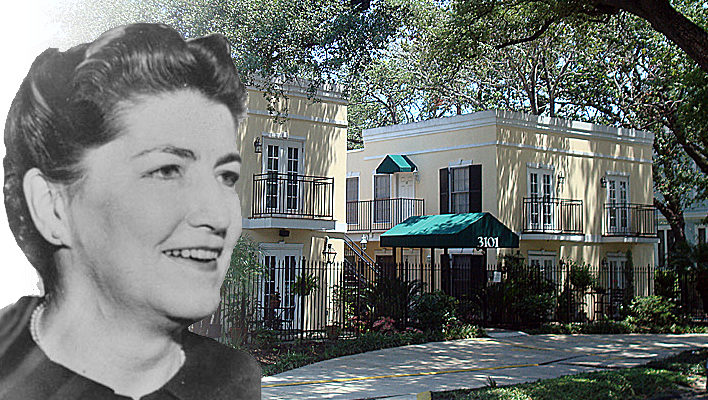
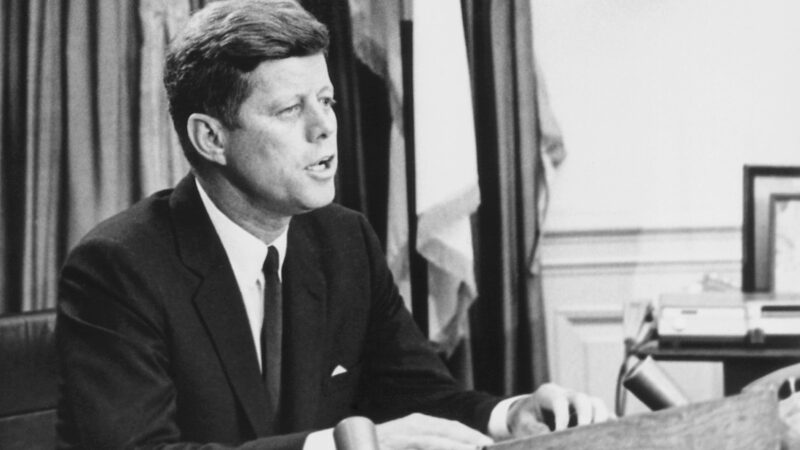
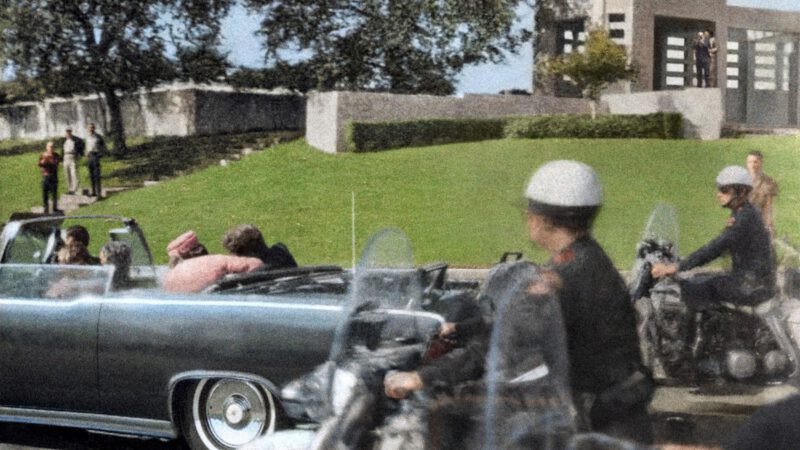
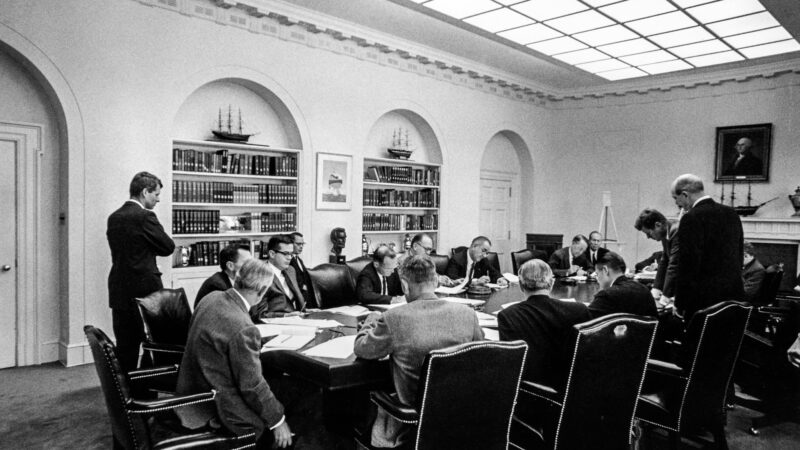

One thought on “The Kennedy Family”